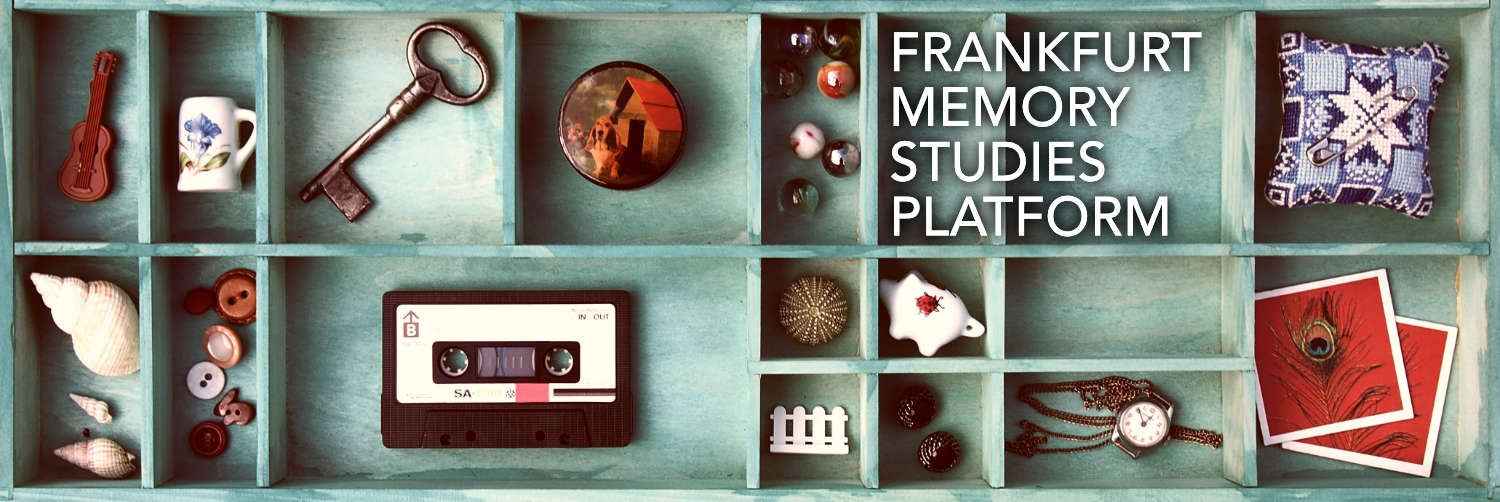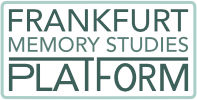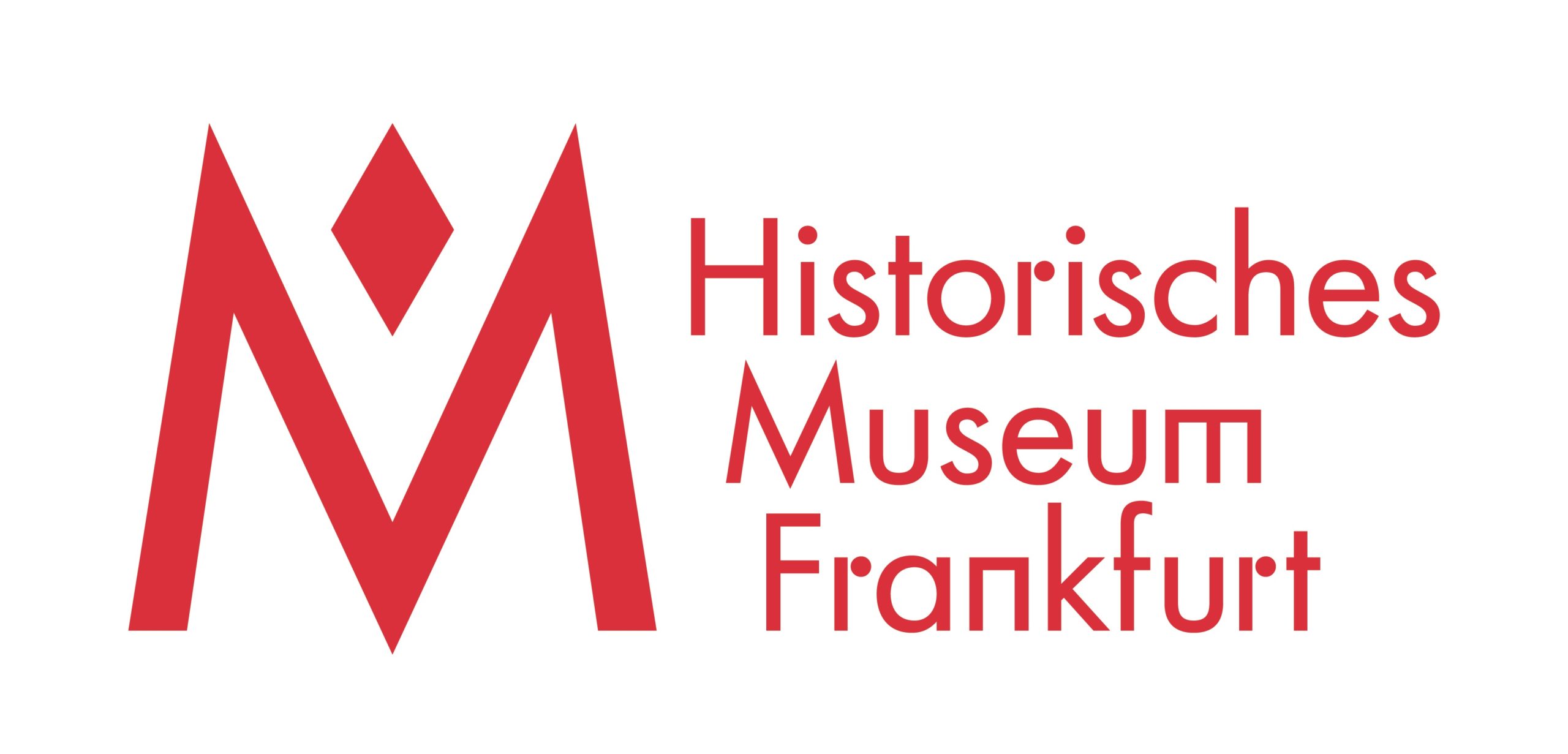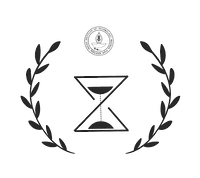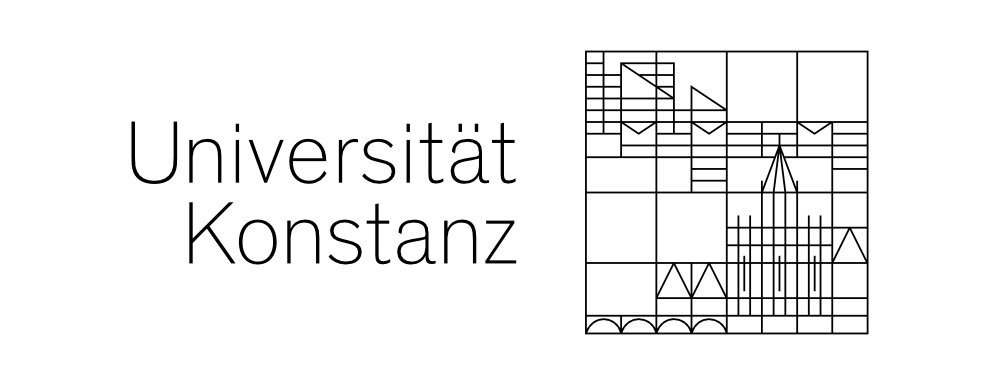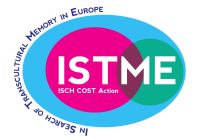Frankfurt Networks
Frankfurt Humanities Research Centre (FZHG)
Some research questions exceed the grasp of one single discipline, and some problems only come into view once we transcend the horizon of our individual disciplines. The Frankfurt Humanities Research Centre was founded in 2010 to provide a platform for addressing such questions and for the analysis of joint topics and objects of research from a transdisciplinary angle.
The HISTORICAL MUSEUM FRANKFURT is the city’s oldest museum, collecting and preserving, researching, conveying and exhibiting Frankfurt’s cultural heritage. As a city museum it is a centre of knowledge and critical information, reflection and discussion on the past, present and future of Frankfurt; as a history museum it links local town issues with broader social history.
The museum is open to everyone. Its Young Museum offers opportunities tailored specifically to families and schools. The museum draws upon the wealth of experience and knowledge from Frankfurt’s people and their guests, working in a participatory and inclusive manner. It invites everyone living in the city to participate in the museum as a cultural forum and help shape it. Multiple perspectives and diversity play a central role in this context. The diversity of urban society is reflected in its collections, exhibitions and communication.
Sigmund Freud Institute (SFI)
Das Sigmund-Freud-Institut in Frankfurt am Main ist ein 1959 gegründetes Forschungsinstitut für Psychoanalyse und ihreAnwendungen mit nationaler und internationaler Vernetzung.
International Networks
Memory Studies Association (MSA)
The MSA aims to be a professional association for Memory Studies scholars, as well as those who are active in museums, memorial institutions, archives, the arts and other fields engaged in remembrance. The objective is to become the most important forum for the memory field – both through an annual, international and interdisciplinary conference and through a strong online presence.
Memory studies has grown considerably over the past decade, but does not yet have many clearly designated venues for people from different disciplinary and professional backgrounds to exchange ideas and to learn from each others’ theoretical, methodological and empirical approaches. Moreover, questions surrounding remembering are being investigated around the world, but there is too little interaction (and thus, often a lack of understanding) between various places. We hope to change this by actively identifying and inviting scholars and practitioners who are thus far underrepresented in existing scholarly networks. Finally, the MSA seeks to foster politically and civically engaged scholarship by publicly voicing concerns about political uses of the past.
Mnemonics: Network for Memory Studies
MNEMONICS is a collaborative initiative for graduate education in memory studies.
Participants: the Danish Network for Cultural Memory Studies; the Swedish Memory Studies Network; Ghent University (Belgium); Goethe University Frankfurt (Germany); Goldsmiths, University of London (UK); the University of Illinois at Urbana-Champaign (USA); and Columbia University (USA, associate partner)
Memory Studies Research Network, IIT Madras
As an interdisciplinary network of academics from humanities and social sciences, brain science, machine studies, industry experts, and artists, Memory Studies Research Network at IIT Madras is a research cluster which inhabits the interfaces of technology, psychology, medical science, and literary and cultural studies. In the process, it promotes and facilitates active academia-industry dialogues and collaborations through events, knowledge sharing, research supervisions, and peer-reviewed publications. It is the first Memory Studies Research Network from South Asia and is affiliated to the International Memory Studies Association, Amsterdam.
Network in Transnational Memory Studies (NITMES)
The purpose of NITMES is to find new ways of conceptualising and studying cultural memory beyond the framework of the nation-state so as to provide tools for understanding identity and heritage that are better fitted to the entanglements of the contemporary world. NITMES is particularly concerned with the role of media and the arts in the emergence and dissemination of ‘travelling’ narratives and commemorative practices. Our ambition is to link these cultural processes to social mobilisation within and across national borders.
Participants: Utrecht University (Netherlands); University of Konstanz (Germany); Goethe University Frankfurt (Germany); Australian National University Canberra; University of Illinois at Urbana-Champaign (USA); and University of Lund (Sweden)
(Funded by the Dutch research council [NWO] and by the participant institutions)
Utrecht Forum for Memory Studies (Utrecht University)
The Utrecht Forum for Memory Studies offers an interdisciplinary platform for researchers working in the field of cultural memory who share a common concern with:
- developing new ways of exploring the transnational and trans-medial dynamics of cultural memory in a globalising world;
- exploring the complex history of memory cultures;
- the role of memory practices in (international) conflict and in conflict resolution.
All those interested are invited to attend our events.
For further information, please see
Danish Network for Cultural Memory Studies (Aarhus University and University of Copenhagen)
The Danish Network for Cultural Memory Studies is a collaboration between scholars from primarily Copenhagen University and Aarhus University. It is a continuation of a network at Aarhus University founded in 2008 comprising scholars from Aesthetics, Scandinavian studies, Anthropology, and History. The central focus of the network is the aesthetics and practices of memory cultures and works of art. Approximately 15 faculty members and 15 graduate students are part of the network.
https://memory.au.dk
Balzan-Preis-Forschergruppe “Erinnerung in der Stadt rekonstruieren” (University of Konstanz)
Das europäische Gedächtnis wird oft als übernationale Erinnerung verstanden, die in einem Top-Down-Prozess geformt und überstülpt wird. Der Fokus unseres Projekts liegt jedoch auf der Dynamik des kollektiven Gedächtnisses, das von Initiativen und Bewegungen von unten geprägt ist. Der Schwerpunkt liegt auf (europäischen) Städten und lokalen Akteuren, die auf neue soziale, politische und kulturelle Herausforderungen in ihrer gebauten Umwelt reagieren. Ein Grundgedanke des Projekts ist, dass Städte in einer Zeit des radikalen Wandels einen entscheidenden Kontext für die Aushandlung der Vergangenheit darstellen.
Die Fellowships werden aus Mitteln des Balzan-Preises finanziert, den Aleida und Jan Assmann 2017 für ihre Arbeit zum Kulturellen Gedächtnis erhalten haben.
https://www.exc16.uni-konstanz.de/balzan-preis-forschergruppe.html
Elisabeth-Käsemann-Stiftung gGmbH
International Dialog for Remembrance and Democracy
The Elisabeth Käsemann Foundation is campaigning for a critical examination of authoritarian regimes and conflicts of the past and their consequences for societies in Latin America, Spain and Germany.
By promoting a transnational dialog about the mechanisms of autocratic systems and structures, the foundation aims to support democratic culture across borders and an intercultural understanding between Germany and the Spanish-speaking world. To achieve the foundation’s objectives, we organize and partner with other projects on a scientific, educational and cultural level.
Our current projects are:
The annual Elisabeth Käsemann symposiums in Germany and Latin America provide an international forum for representatives from the worlds of science, politics and culture to discuss new approaches of communicating the past to society and to succeeding generations. Understanding how authoritarian structures and violent conflicts evolve can help prevent attitudes that try to qualify and play down rising anti-democratic tendencies in society today.
In our intercultural school projects, we encourage young people from Germany, Latin America and Spain to examine and discuss their own country’s past in a constructive way with peers from other countries. The insights gained through these projects are intended to reinforce the importance of human rights as a universal norm and promote democratic awareness in school students
The Memory Group at Warwick University
All graduate students in the Arts, Humanities and Social Sciences are invited to participate in the Memory Group. Memory studies has been a rapidly developing field that has brought together scholars in History, Literature, Sociology, Media and Cultural Studies and a wide range of other disciplines over the last 20 years. It is an empirically rich and theoretically challenging field that has implications for methodology and the way in which sources and data are understood across the board in the Arts, Humanities and Social Sciences. The Memory Group is an interdisciplinary group of graduate students and faculty with research interests in memory, memorialisation, and related issues of trauma and nostalgia. The group aims to meet termly with meetings involving discussion of published (both recent and older) and unpublished work and formal presentations from experts in the field.
Historical Dialogues, Justice, and Memory Network
(Institute for the Study of Human Rights, Columbia University, New York City)
The Historical Dialogues, Justice, and Memory Network provides a platform for researchers and activists working on issues of historical dialogue, historical and transitional justice, and public and social memory. The website provides information and resources to encourage innovative interdisciplinary, transnational and comparative research. It is housed at the Institute for the Study of Human Rights at Columbia University, New York City.
Centre for the Study of Cultural Memory (CCM)
(Institute of Germanic & Romance Studies, University of London)
Interdisciplinary and cross-cultural in nature the Centre provides a forum for literary scholars, historians, cultural critics, sociologists, practising artists and others with an interest in the research and study of memory.
Linking with the long-established Seminar in Cultural Memory, the CCM organises and hosts an extensive programme of seminars, conferences and workshops. Further it provides a range of web-based resources such as an international bibliography in memory studies, a database of researchers, an events listing, as well as publications of original (non-copyrighted) sources and abstracts of relevant articles and talks.
Centre for Studies in Memory and Literature
(University of Iceland)
The Centre for Studies in Memory and Literature will provide a framework for researchers from various countries and different disciplines to engage in individual and collaborative research into various aspects of memory in literature and culture. Interest in memory studies has grown considerably in recent times, especially within the social sciences, history and, increasingly, literary studies. The field is therefore highly interdisciplinary and a crucial area of interest in literary studies and theory that offers fruitful avenues of research for scholars and students.
Cultural Memory Studies Initiative
(Ghent University)
The Cultural Memory Studies Initiative (CMSI) at Ghent University brings together scholars from across the humanities whose research revolves around memory and trauma as mediated through culture. Founded in 2007 as the Centre for Literature and Trauma (LITRA), CMSI assumed its current name in 2014 to reflect the widening scope of its members’ research interests. Cross-cultural and cross-disciplinary in orientation, CMSI is one of the most vibrant research initiatives in memory and trauma studies in Europe.
Initiative in Holocaust, Genocide, and Memory Studies
(University of Illinois at Urbana-Champaign)
The Initiative’s blog: Days and Memory
The Initiative in Holocaust, Genocide, and Memory Studies (HGMS) was founded in 2009 by Michael Rothberg and a group of scholars including Peter Fritzsche, Anke Pinkert, and Brett Kaplan. The idea was to bring together research across the University of Illinois campus in comparative genocide issues. The current HGMS affiliated faculty work on questions of trauma and memory in the contexts of the Holocaust, Rwanda, Cambodia, Armenia, and other geographic and historical sites. In the fall of 2017, we launched a new HGMS faculty series that offered an opportunity for UIUC scholars and guest visiting scholars such as Ariella Azoulay to share ideas across the range of disciplinary, theoretical, geographical, and historical span of memory studies. HGMS maintains an active blog entitled (after the brilliant Holocaust survivor and writer Charlotte Delbo’s work) Days and Memory. HGMS has become a vibrant center of intellectual exchange on this campus and connects with many memory scholars around the world.
(University College Dublin, Humanities Institute)
From the public commemoration of historic events to private memoirs of childhood, modern culture seems obsessed with the remembrance of things past. The increasing focus on memory studies as a distinct field of research is a response to the dominance of the past in literatures and cultures. In Ireland, this is not a new phenomenon; representations of the past have always been an integral element of how the nation is imagined and framed. Given these traditions, and the particular emphasis of Irish remembrance culture on loss, how can we use the discipline of memory studies to read Irish history and culture? Can we talk of national memory and, if so, can we read it in the context of global memory banks? Should we be reading the past under the sign of trauma? And are the events of the past to be resolved through commemoration or will they – should they – remain as provocative elements of our present?
Whether discussing the recent past or more distant histories, our conversations are marked by an interrogation of what and how we remember; what and how we choose to commemorate; and what we forget.
In Search of Transcultural Memory in Europe (ISTME)
COST – European Cooperation in Science and Technology: This Action aims to go beyond the nationally oriented memory studies that tend to reify the bond between culture, nation and memory. Instead we investigate the transcultural dynamics of memory in Europe today.
Remembering Activism: The Cultural Memory of Protest in Europe (ReAct)
Our aim is to provide the first in-depth account of the remembering and forgetting of civil resistance in Europe which also has relevance for our understanding of movements elsewhere. We will be examining continuities and changes in how protest has been depicted in different media regimes; looking critically at the role of texts, images, and commemorative practices in conveying the memory of protest to later generations; and reflecting on the ways this memory feeds back into later movements at home and abroad. Visit the website here.
